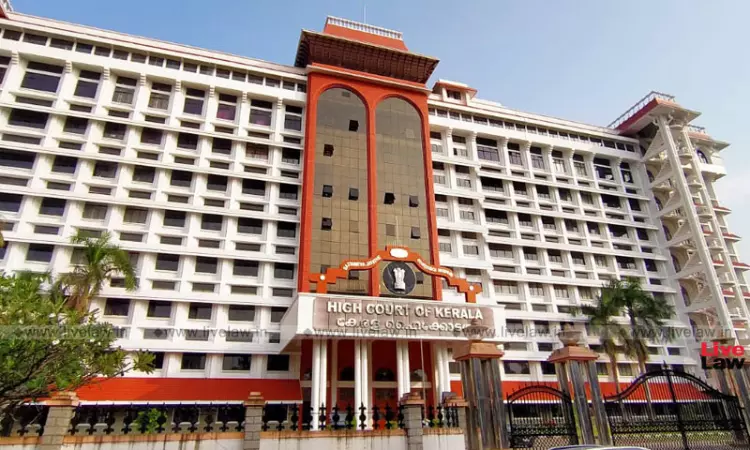Transfer Of Depreciable Capital Assets Attracts Capital Gains Tax: Kerala High Court
Mariya Paliwala
5 July 2024 1:45 PM IST

Next Story
5 July 2024 1:45 PM IST
The Kerala High Court has held that the transfer of the depreciable capital assets attracted capital gains tax under Section 45(4) of the Income Tax Act, in the absence of distribution of any capital asset among the partners following a dissolution of the appellant firm.The bench of Justice A.K. Jayasankaran Nambiar and Justice Syam Kumar V.M., while upholding the order of the tribunal that...
